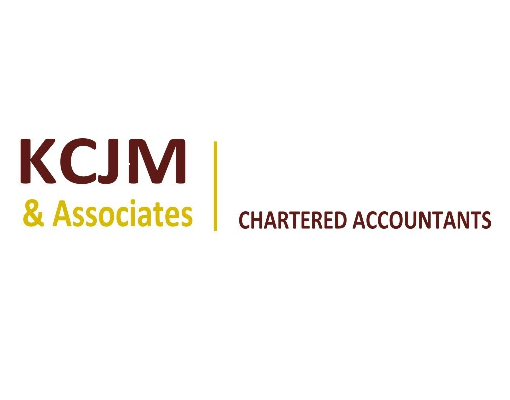Tax Planning Tips for Small Business Owners Before the Financial Year-End
By KCJM, Chartered Accountants | Excellence in Everything We Do
As the financial year draws to a close, many small business owners in India find themselves scrambling to put their tax affairs in order. Effective tax planning is not just about saving taxes—it’s about making smart decisions that align with your business goals and compliance requirements.
At KCJM, Chartered Accountants, we help businesses streamline their year-end tax planning and stay ahead of statutory deadlines. This guide outlines essential tax planning tips to consider before March 31st to make the most of your deductions, reduce tax liability, and avoid penalties.
📌 1. Review Your Profit and Loss Statement
Start by analyzing your financial performance. Understanding your profit/loss position helps identify scope for expense booking, depreciation, or provisioning before the year ends.
KCJM Tip: Schedule a tax review session with your CA to project your tax outflow and optimize your deductions.
💼 2. Record All Eligible Business Expenses
Ensure all legitimate business expenses have been accounted for—including office rent, utilities, staff salaries, travel, marketing, and professional fees.
KCJM Tip: Maintain digital copies of bills and match them with ledger entries for smooth audits.
🏢 3. Optimize Depreciation on Fixed Assets
Purchase of eligible assets before March 31st qualifies for depreciation. For assets put to use for >180 days, full-year depreciation is allowed.
KCJM Tip: Consider investing in capital equipment before March to optimize depreciation benefits.
📑 4. Pay Advance Tax and TDS on Time
Failure to pay advance tax or deduct TDS can lead to interest and penalties under sections 234B/234C and 201.
- Advance tax due dates: 15th June, 15th Sept, 15th Dec, 15th March
- TDS return filing: Quarterly deadlines (31st Jan, 31st May, etc.)
📊 5. Claim Deductions Under Chapter VI-A
Explore tax-saving options under:
- Section 80C (PF, LIC, ELSS, etc.)
- Section 80D (Health Insurance)
- Section 80JJAA (Employment generation)
- Section 80G (Donations)
KCJM Tip: Make your tax-saving investments before March 31st to qualify for deduction in the current year.
🧾 6. Reconcile GST Returns with Books
Ensure that turnover and ITC claimed in GST returns match your books. Reconciliation avoids mismatch notices and ITC reversals.
KCJM Tip: Download GSTR-2B and cross-check ITC eligibility and vendor compliance.
👥 7. Verify Books of Accounts and Ledger Balances
Conduct a final check on accounts receivable/payable, loan accounts, and provisions. Rectify any anomalies before financial year close.
KCJM Tip: Write off unrecoverable debts and provide for known liabilities to present a true and fair financial picture.
📅 8. Plan Salary Structure and Bonus Payouts
Optimize employee compensation by evaluating tax-effective structures and paying performance bonuses before March to claim the deduction.
Need Professional Help with Tax Planning?
At KCJM, Chartered Accountants, we offer proactive year-end tax planning for small and medium enterprises (SMEs). Our team ensures you don’t miss out on savings, deductions, or compliance milestones.
- 📋 Tailored tax optimization plans
- 🧾 Advance tax and TDS compliance
- 📑 Financial statement preparation
- 💼 Business structuring for tax efficiency
📞 Ready to wrap up your financial year on a strong note? Let KCJM Chartered Accountants help you finish strong and start the next year on a clean slate.
🌐 https://kcjm.in
📧 support@kcjm.in
📱 Call now to schedule a tax planning session!
Keywords: tax planning for small businesses India, financial year-end tax checklist, advance tax tips India, KCJM Chartered Accountants, SME tax saving guide, year-end accounting tips, tax compliance for businesses India

